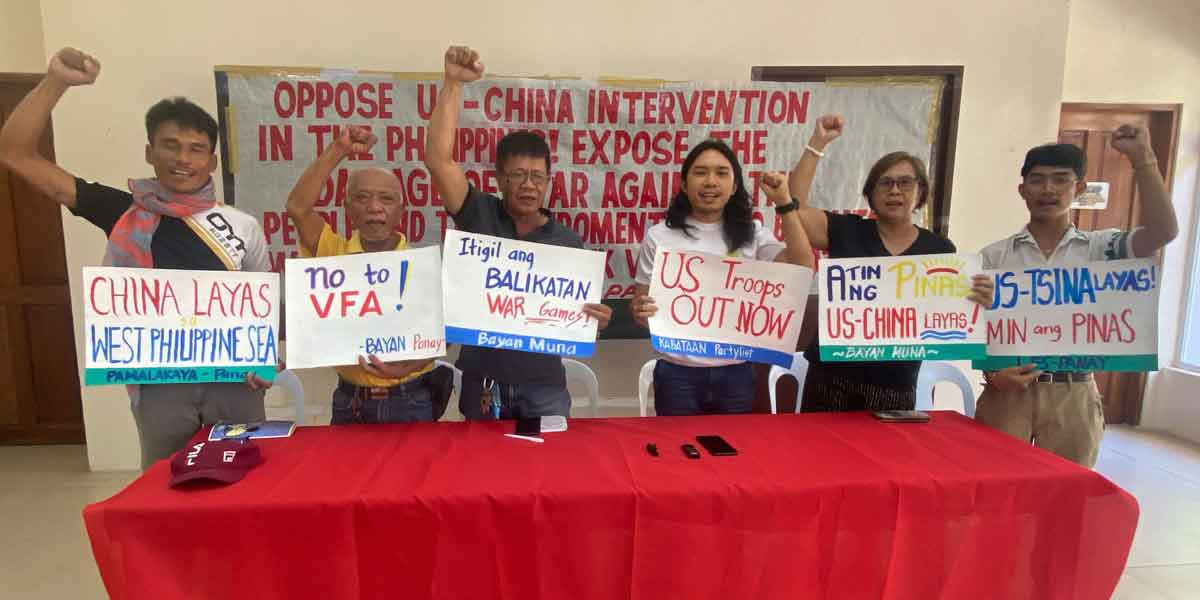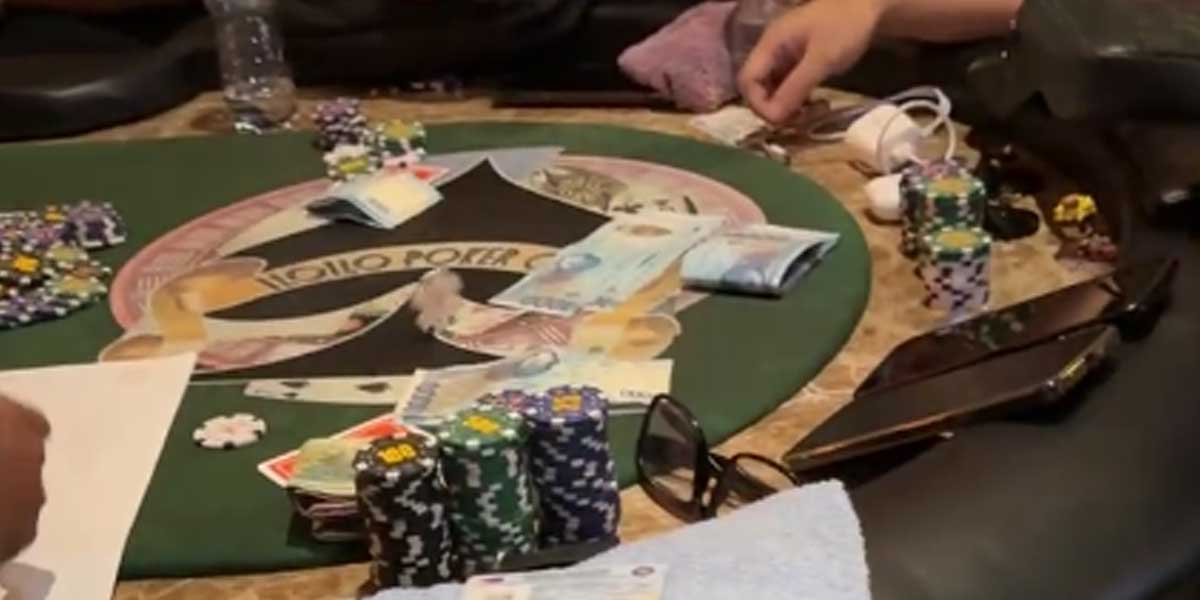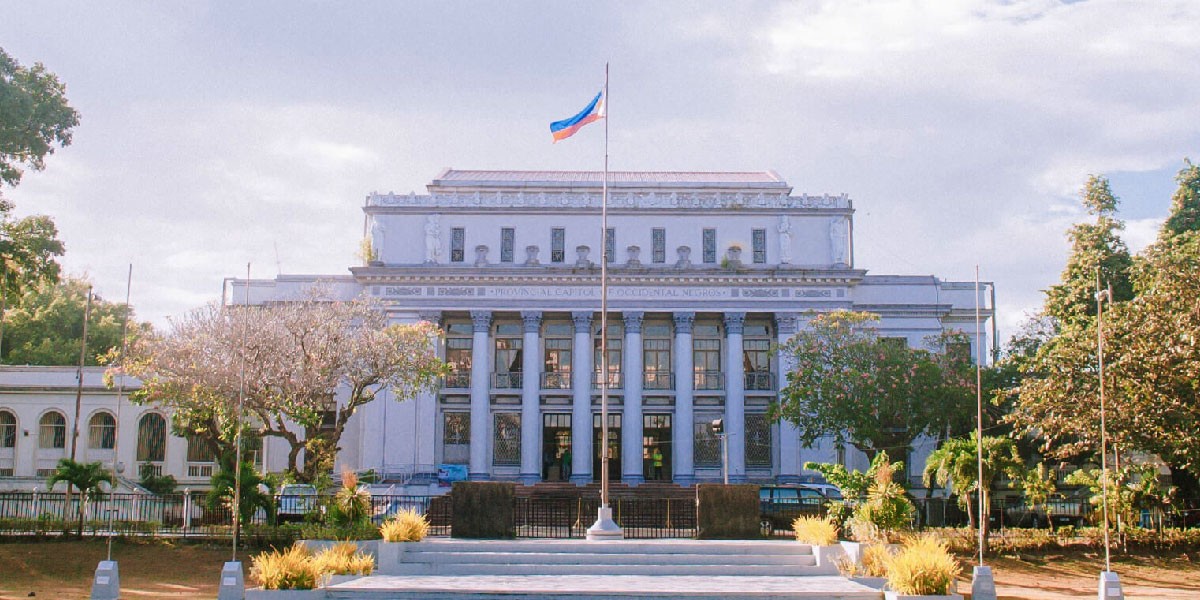A lawmaker has warned retailers in the tourism sector – from gift shops to food stalls – that they risk getting penalized if they fail to put price tags on the products that they are selling to consumers.
“Under the Consumer Act, all retailers, including those in the tourism industry, are compelled, under pain of penalties, to display a tag to indicate the price of every product or service in pesos and centavos,” Quezon City Rep. Marvin Rillo, House tourism committee vice chairperson, said.
“It is illegal to offer any product or service for retail sale to the public without a price tag, which is required precisely to ensure pricing transparency and prevent abuses,” Rillo said.
Rillo’s remarks came after the overpricing of seafood products in Virgin Island in Panglao caused a social media frenzy that prompted the Bohol provincial government to suspend boat trips to the tourist destination.
Under the Consumer Act, or Republic Act No. 7394, Rillo said “price tag” means any device, written, printed, affixed, or attached to a product, or displayed in a service establishment, for the purpose of indicating the retail price per unit or service.
“Products and services cannot be sold at a price higher than what is indicated in the price tag,” Rillo said.
First-time violators of the price tag requirement face imprisonment of up to six months, or a fine of up to P5,000, or both, at the discretion of the court, according to Rillo.
A repeat offender faces revocation of business permit and license, Rillo said.
Rillo pressed the Department of Tourism (DOT), the Department of Trade and Industry (DTI) and local government units (LGUs) to rigorously enforce the price tag mandate.
“We need strong enforcement to guarantee compliance,” Rillo said.
He also urged the DOT to use its accreditation process to promote “absolute pricing transparency” and safeguard the rights of consumers, whether they are local or foreign tourists.
“We are aware of the problem of pricing abuses, which is apparently being abetted by the weak enforcement of the price tag mandate,” Rillo said.
“For instance, in the provinces, if you go to the markets frequented by tourists, you seldom see price tags. And even if you are a Filipino, if you do not speak the local dialect, you are likely to get charged a higher price for your purchase of native products or delicacies.”
“This is also a violation of the law, which forbids discrimination in the treatment of buyers. It is illegal to have two prices for the same product or service – one price for out-of-town visitors and another price for locals.”


















